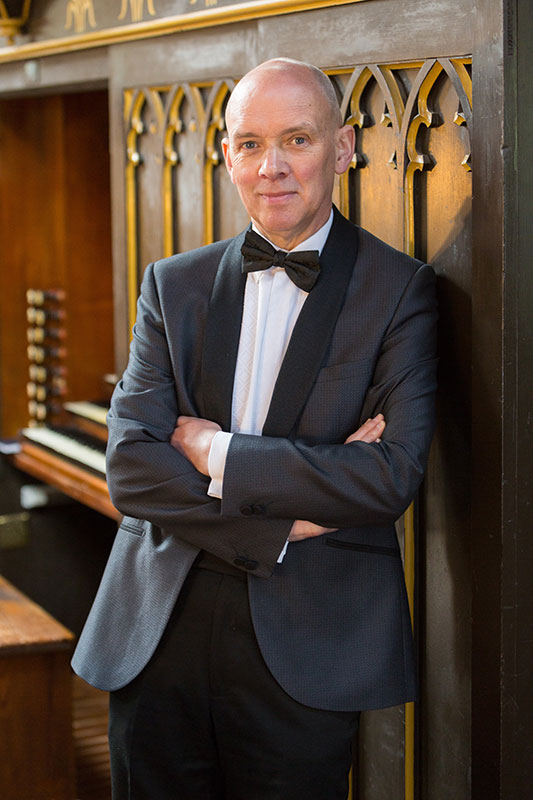
The conclusion of the 2023 season of this long- running Summer series, featuring experienced and talented cathedral and concert organists concluded in style with the annual appearance (since the very beginning, over 30 years ago) of popular organist Gordon Stewart. There was a good mixture of the well-known and the unfamiliar, all presented with bags of enthusiasm and the fruits of a long association with this particular organ.
The familiar included J S Bach’s Fugue in G minor, here uncoupled from its usually associated Fantasia and instead following on from an arrangement of Sanctify us by thy goodness. We also heard the first movement of Widor’s 6th Symphony. Another familiar melody was the spiritual Deep River, but here in the guise of a very contemporary Prelude by David Hurd with wild harmonies which completely changed the mood of the original.
Alfred Hollins’ Concert Overture in C minor opened the proceedings and the first half concluded with the English premiere of a technically demanding but very satisfying (unpublished) Introduction and Passacaglia by an organist known to Mr Stewart, W D Bernard.
Other less familiar music included a gentle Church Sonata by Mozart, Frederick Wood’s Allington Lock and a beautifully haunting recent Song without Words by Andrew Carter.
The final programmed item was an unfamiliar Toccata, by Jules Grison which was followed by a lovely understated arrangement of Annie Laurie by Simon Lole.
This well-balanced programme was well received by an appreciative audience. Tribute was also paid to Malcolm Lock, recently retired Director of Music for the Old Town Parish, who has curated this series for a number of years. He has already booked next year’s performers but is now in the process of passing on the reins to the next organisers.
The next series begins on Monday 8th July 2024 when Daniel Moult will perform.
oldtownparishhastings.org.uk
Stephen Page

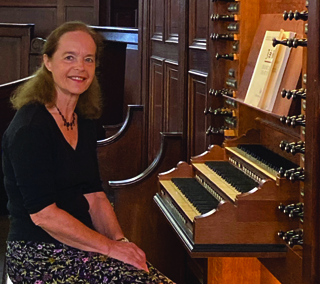 This series continues to draw some big names in the British organ world. Margaret Philips is certainly one of those. A prolific performer and recording artist as well as educator and campaigner, Margaret’s return to Hastings (after 20 years) was greatly anticipated and much appreciated by all present.
This series continues to draw some big names in the British organ world. Margaret Philips is certainly one of those. A prolific performer and recording artist as well as educator and campaigner, Margaret’s return to Hastings (after 20 years) was greatly anticipated and much appreciated by all present.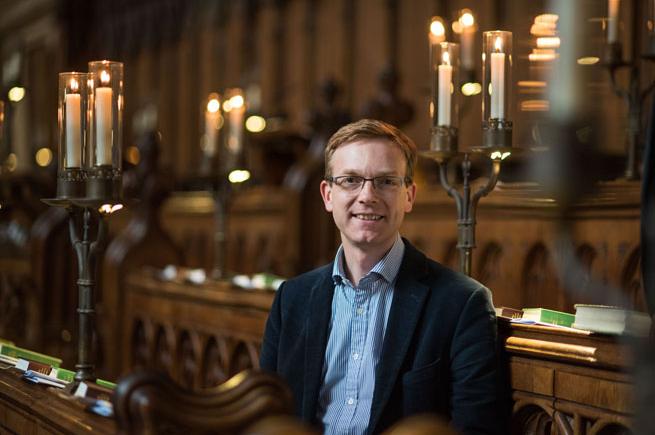 Robert Quinney, based now at New College, Oxford, has a well-deserved reputation, alongside his excellent choral directing, as an expert performer of the organ music of J S Bach. He has produced a number of fine recordings and I know that several of us in the audience were particularly looking forward to hearing the two pieces of Bach in this programme.
Robert Quinney, based now at New College, Oxford, has a well-deserved reputation, alongside his excellent choral directing, as an expert performer of the organ music of J S Bach. He has produced a number of fine recordings and I know that several of us in the audience were particularly looking forward to hearing the two pieces of Bach in this programme.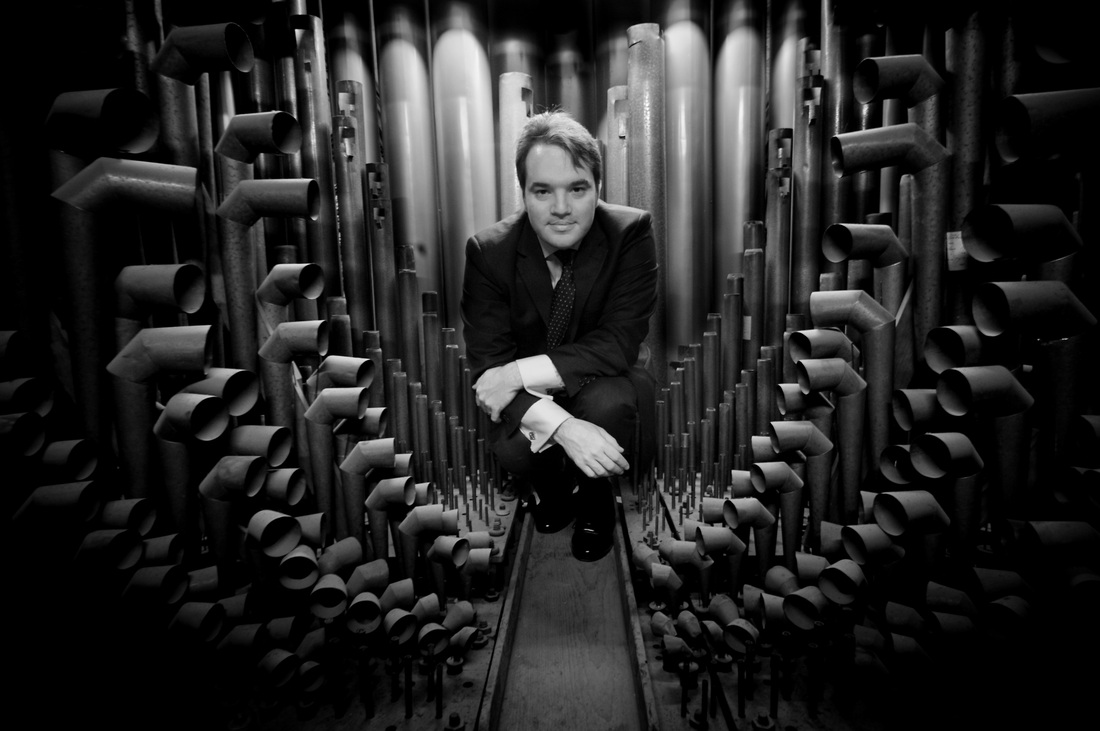
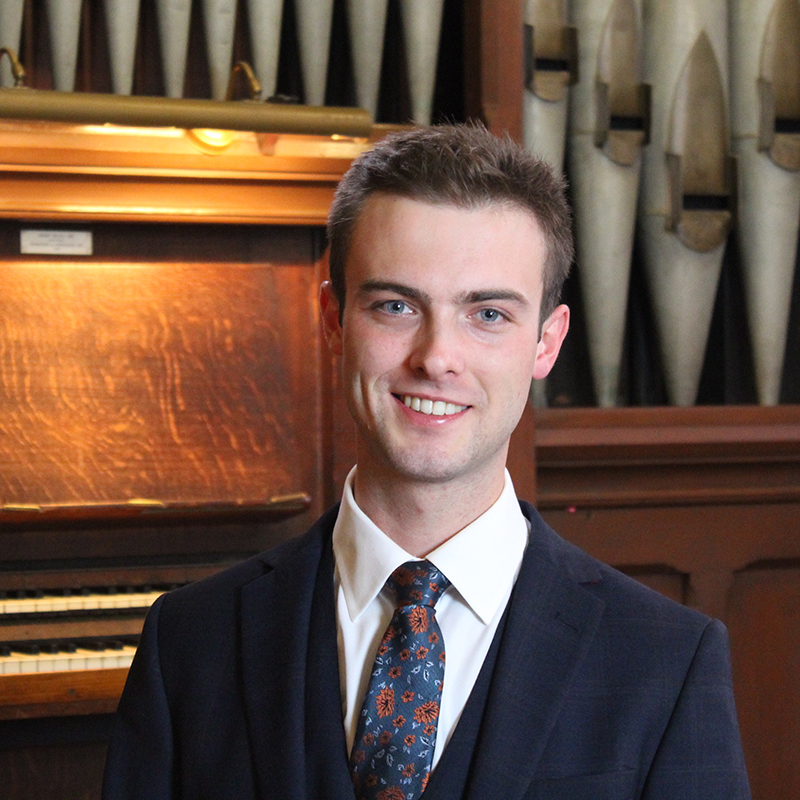 The third concert in this 34th Annual Series forms part of a special pairing of two consecutive concerts featuring two different current organists from the same cathedral. Joseph Beech, sub-organist at Durham gave a brilliant recital and next week he will be followed by his ‘boss’!
The third concert in this 34th Annual Series forms part of a special pairing of two consecutive concerts featuring two different current organists from the same cathedral. Joseph Beech, sub-organist at Durham gave a brilliant recital and next week he will be followed by his ‘boss’!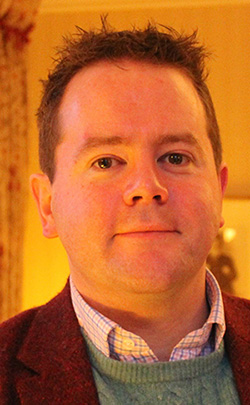
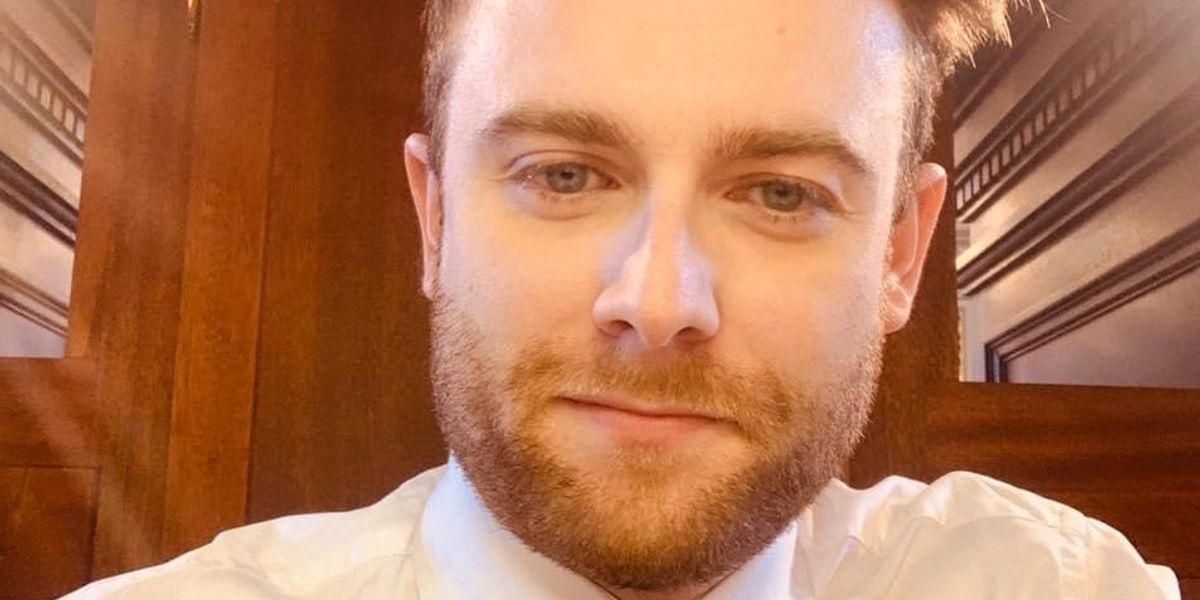 Jamie Rogers, Assistant Director of Music at Canterbury Cathedral, made his first visit to Hastings with a programme that drew heavily on the concept of freely improvised works. Opening with a spirited performance of Bairstow’s Allegro Giocoso- a work that sounds more modern than it is - his programme also included a Fuga in C by Buxtehude and a Prelude in E by his contemporary Bruhns. From the same period we also heard Prelude & Fugue in G by JS Bach. The choice to play this with much sparser registration than would normally be expected was an interesting one but it did result at times in rather indeterminate lower registers.
Jamie Rogers, Assistant Director of Music at Canterbury Cathedral, made his first visit to Hastings with a programme that drew heavily on the concept of freely improvised works. Opening with a spirited performance of Bairstow’s Allegro Giocoso- a work that sounds more modern than it is - his programme also included a Fuga in C by Buxtehude and a Prelude in E by his contemporary Bruhns. From the same period we also heard Prelude & Fugue in G by JS Bach. The choice to play this with much sparser registration than would normally be expected was an interesting one but it did result at times in rather indeterminate lower registers.